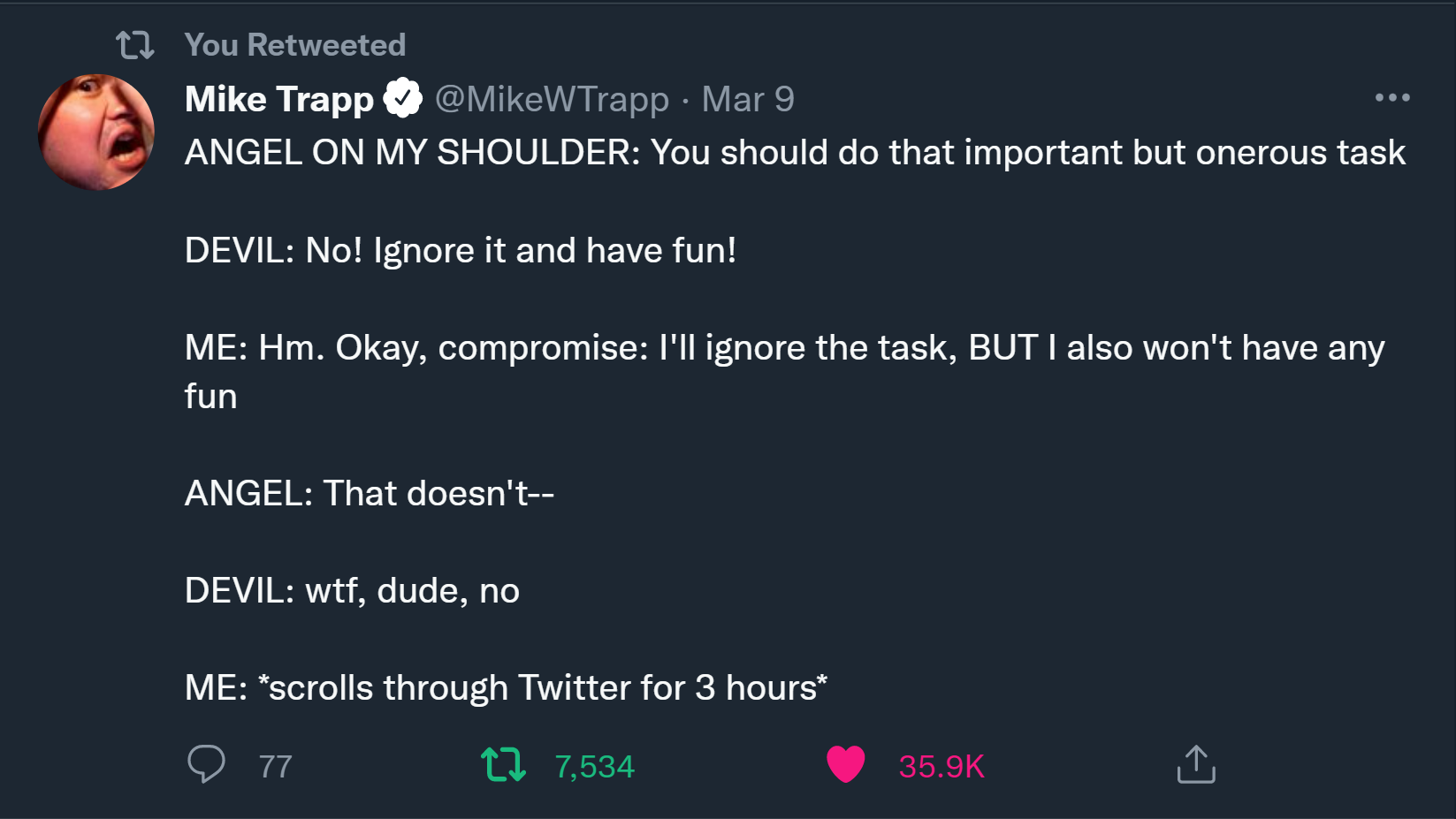@arkandel said in Balancing wizards and warriors:
However outside of that example I'd urge us to consider more common scenarios in current MU*. For example in comic book games are people not choosing to play Robin/Hawkeye as opposed to Superboy/Thor? In Star Wars games are other types of characters than Jedi or Sith popular and successful as archetypes?
My thought is, basically, that the big question of balance is just having an answer to "why would someone not choose this."
Someone clever once defined games as "a series of interesting choices." Generally speaking, "do I take the objectively better option or the objectively worse option" isn't a very interesting choice. And yeah, if being magic is just flat-out better than not being magic, a whole lot of people are going to be magic.
It's not universally true, so you do get people, say, playing mortals in WoD games, because they want to play through the process of learning about the supernatural, or they think it's fun to play someone at a major handicap, or they want to RP being magically enslaved to a hot vampire of their sexual preference (no judgment), or whatever. Even so, most players are going to play supers, so a given mortal in the game is likely to wind up having their best friend, their significant other, and their boss all be supernatural horrors by random chance even if they aren't keyed in to the secret whatnots.
Social consequences for magic, too, are kinda hard to enforce, because no matter how common that sort of prejudice is supposed to be in-setting, most people (reasonably!) don't want their avatars in the setting to be shitheads in that sort of way. The opprobrium of the hypothetical background NPCs isn't really going to be meaningfully felt by the players, unless they're in an actual staffed scene. (Which might be a limiter right there--no magic use except in staffed scenes, PRPs, or the like, where throwing around magic can have appropriate consequences enforced?)
Another thing is that, in terms of RPG mechanics, it might make a difference whether PCs are mechanically balanced even if they aren't narratively balanced. Talking about superheroes specifically, my favorite of the genre (Masks) uses the same mechanical spread the PC whose whole deal is that they're too powerful to feel safe with themselves and the PC who's really good at karate. The goal/scene resolution is equal between the two, even if narratively one of them is using cosmic elemental powers that could level city blocks and the other one is hitting problems with a stick. The Buffy RPG gave the Slayer mechanical superpowers, but gave the Zanders luck and narrative control mechanics to balance things out. This can work really well, but it might require a lot more of the structured TTRPG environment than the more freeform MU* set-up.



